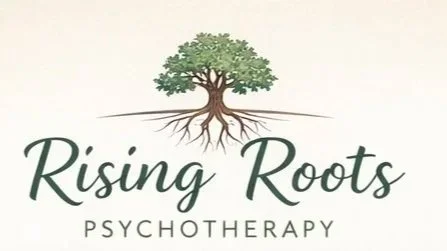Frequently Asked Questions
1. What kinds of issues do you help women with in therapy?
We support women through a wide range of challenges, including postpartum mood and anxiety disorders, fertility struggles, pregnancy and prenatal support, motherhood identity, relationship issues, trauma, grief and loss, hormonal mood changes, self-esteem and body image concerns, and navigating life transitions like perimenopause and menopause.
2. What is the difference between postpartum depression and postpartum anxiety?
Postpartum depression involves feelings of deep sadness, hopelessness, or loss of interest after childbirth, while postpartum anxiety includes excessive worry, panic attacks, and nervousness. Many women experience both, and therapy can provide strategies to manage these emotions.
3. How do I know if I’m experiencing PMDD or just severe PMS?
PMDD (Premenstrual Dysphoric Disorder) causes intense emotional symptoms that significantly disrupt daily life, such as extreme irritability, depression, or anxiety before menstruation. If your symptoms feel overwhelming and cyclical, therapy can help even if you don’t have a formal diagnosis.
4. Can therapy help with fertility struggles and reproductive grief?
Yes. Therapy offers a compassionate space to process the emotional pain related to infertility, miscarriage, or pregnancy loss. It can help with feelings of grief, identity shifts, and relationship strain during these deeply challenging experiences.
5. How does therapy support motherhood identity and generational trauma?
Motherhood often brings profound shifts in identity and can trigger unresolved patterns passed down through families. Therapy helps explore these dynamics, heal generational trauma, and support you in creating a new, empowered sense of self as a mother.
6. What if I’m questioning motherhood or feeling ambivalent?
It’s normal to have complex feelings about motherhood. Therapy provides a safe, non-judgmental space to explore ambivalence, regret, or uncertainty and to support you in clarifying your values and choices.
7. Can therapy address relational trauma and emotional safety in relationships?
Absolutely. Many women struggle with relational trauma from past or current relationships. Therapy focuses on healing these wounds, rebuilding trust, and establishing emotional safety in your connections.
8. Do you offer couples therapy?
Yes. Couples therapy helps partners improve communication, resolve conflicts, heal from betrayals, and strengthen emotional connection. It can be a valuable space to work through relationship challenges alongside individual therapy.
9. How can therapy help with self-esteem and body image issues?
Therapy supports you in challenging negative self-talk, healing body shame, and cultivating self-compassion and confidence. This can be especially important during hormonal changes, postpartum, or after trauma.
10. What if I’m dealing with hormonal changes related to perimenopause or menopause?
Hormonal shifts can cause mood changes, anxiety, or depression. Therapy can help you manage these symptoms and navigate the identity changes that often come with these life stages.
11. Do you offer support for women managing chronic illness or pain?
Yes. Chronic health issues can deeply affect mental health. Therapy can help with coping strategies, emotional support, and addressing the impact on your identity and relationships.
12. Is online therapy effective for these concerns?
Online therapy offers convenience, privacy, and accessibility. Many women find it easier to attend sessions from home, especially when managing busy schedules, parenting, or health issues. It can be just as effective as in-person therapy.
13. How do I get started with therapy?
You can reach out through our website to book a free initial consultation or directly schedule your first session. We’ll discuss your needs and create a personalized therapy plan.
14. What if I’m new to therapy and unsure about the process?
That’s perfectly okay! We guide you through every step in a warm, supportive way. Therapy is a collaborative process designed to help you feel heard, understood, and empowered.

